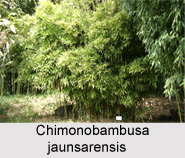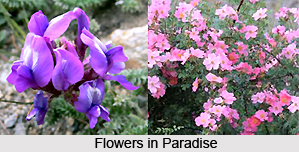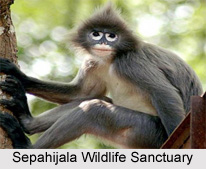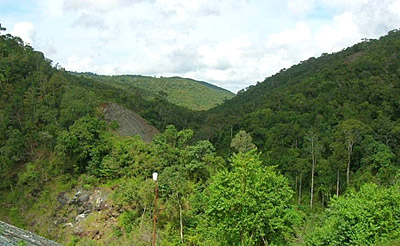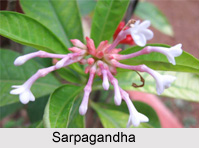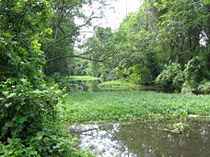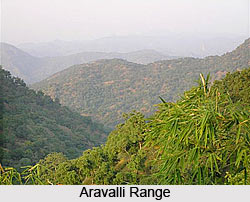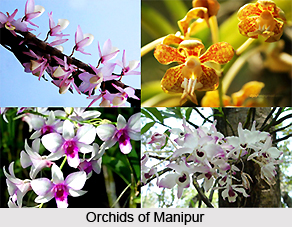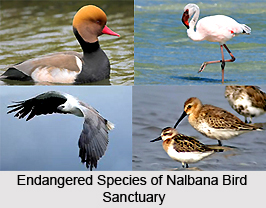 Nalbana Bird Sanctuary is located in Odisha. The prime attraction of this wildlife sanctuary is its location. This wildlife sanctuary is located in the middle of Chilka Lake.
Nalbana Bird Sanctuary is located in Odisha. The prime attraction of this wildlife sanctuary is its location. This wildlife sanctuary is located in the middle of Chilka Lake.
Nalbana Bird Sanctuary is the protected area and this area is the home of local birds and migratory birds.
Nalbana Bird Sanctuary covers the area of 15.53 square kilometres. This wildlife sanctuary is named as "Nalbana" as the word "Nalbana" is derived from Oriya dialect "Nalbana" which means weed covered island. This island is named as the Nalbana Island.
Nalbana Bird Sanctuary was notified as the protected area in the year 1987 and declared a bird sanctuary in 1973 under the Wildlife Protection Act.
The island of Nalbana Bird Sanctuary gets completely submerged during the monsoon season. As the monsoon recedes in the winter and summer days, Lake of Nalbana Bird Sanctuary levels decrease and the island is gradually exposed.
The migratory and resident birds then flock to the island in large numbers to feed. During 2007, nearly 840,000 birds visited the lake, out of which 198,000 were spotted at Nalbana Island. On Jan 5, 2008, a bird census involving 85 wildlife officials counted 900,000 birds of which 450,000 were sighted in Nalabana. The recent removal of persistent fresh water weeds from Chilka Lake is stated to be a causative factor for the higher numbers of birds.
Nalbana Bird Sanctuary also attracts flocks of flamingos from Iran and the Rann of Kutch in Gujarat. The flamingos feed in the shallow waters of the lagoon. Other long legged waders seen around Nalbana Island are the Lesser Flamingos, Grey herons, and Purple herons, Egrets, Spoonbills, Storks and White Ibis. Nalbana Bird Sanctuary is also the winter house of gregarious flocks of Brahminy Ducks, as well as Shovellers, Pintails, Gadwall, Teals, Pochards, Geese and Coots, are also seen. The raptors include the white-bellied sea eagle, osprey and peregrine falcon are also found in this wildlife sanctuary.
The threatened birds are reported in the Nalbana Bird Sanctuary. Some of the endangered species are the rare migrant Spoon-billed Sandpiper, Asiatic Dowitchers also called the Snipebellied Godwit and the Goliath Heron are guests in winter months.
